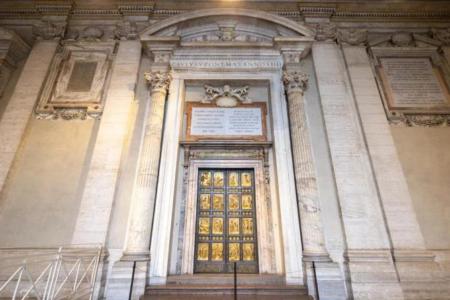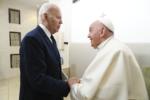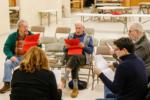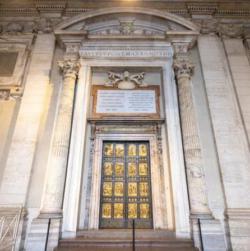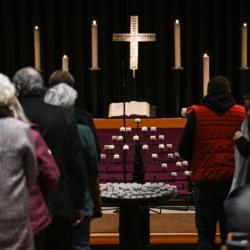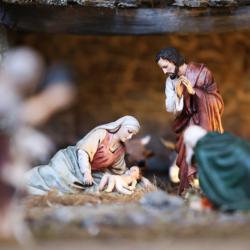The will is the way
Life is full of decisions. So full, in fact, that if we stopped to count the sheer number of choices we make in a single 24-hour period, most of us would stop wondering why we're so exhausted.
We choose when to get up, what to wear, what to eat, when to leave, and what and whom to take with us when we leave. And that's just what it takes to get out the door! Every day, we decide how to spend our time and money. We determine what our values are and who is important to us. We select not only how we will make a living, but how we will live. And almost all of those choices flow from the answer we give to a foundational question most of us are taught to ask ourselves: What do I want to do with my life?
There's nothing wrong with engaging that question. We all have gifts and limitations, preferences and opinions, desires and fears, dreams and obligations, and spend the bulk of our lives hashing out all those factors on a daily basis. Somewhere along the way, we discover it isn't easy to manage competing values and interests. That's usually when we learn to accept that, for the most part, we really can't have it all -- or at least, not all at once. Still, most of us find a way to do what we really want to do.
By most standards, success is achieving most of what we set out to accomplish. But that yardstick doesn't work when it comes to the Christian life. Our faith isn't particularly well-lived by those who do a better job of figuring out what they want and how to get it. That's because the most faithful disciples of Jesus Christ ask an entirely different question: "What does God want to do in -- and with -- my life?"
And that is where so many of us fall short. We know God wants us to keep his commandments, to love our neighbor, to give and forgive, and to pray. But once we've gotten beyond those basic to-dos, it becomes more difficult to discern what God is asking of us -- and what God is offering to us. Once we've decided what we want, we tend to set our hearts on it. Detaching from our own desires, wants, and plans becomes increasingly difficult, and that prevents us from listening for the voice of the Shepherd long enough to actually hear it.
And then there are the expectations we have. We pray, for example, with the hope that someone will be healed. If they are, we are quick to say that God has answered our prayer. But if they aren't healed, if their struggle continues or even worsens, we are just as quick to say that God has not answered our prayer. Such prayer testifies to an inner notion that God should bend his will to ours, rather than recognizing that our wills ought to be aligned with his. That doesn't only cause us grief, it sets up a destructive dynamic in our relationship with God, one in which we seek God only if he is willing to fulfill our own desires.
For some, self-will means worldly success. For others, it might mean serving God the way we envision, rather than in the way he calls us to serve. Not every seminarian becomes a priest, and not every novice becomes a religious sister. The process of discerning God's will does not always lead where we expect, and conforming to it comes only at great personal cost. Ultimately, however, it is the cross we are told to pick up and carry every day, the dying to self that is required of every true disciple. We cannot move forward in faith along any other path. His will is our only way.
- Jaymie Stuart Wolfe is a Catholic convert, wife, and mother of eight. Inspired by the spirituality of St. Francis de Sales, she is an author, speaker, and musician, and provides freelance editorial services to numerous publishers and authors as the principal of One More Basket. Find Jaymie on Facebook or follow her on Twitter @YouFeedThem.
